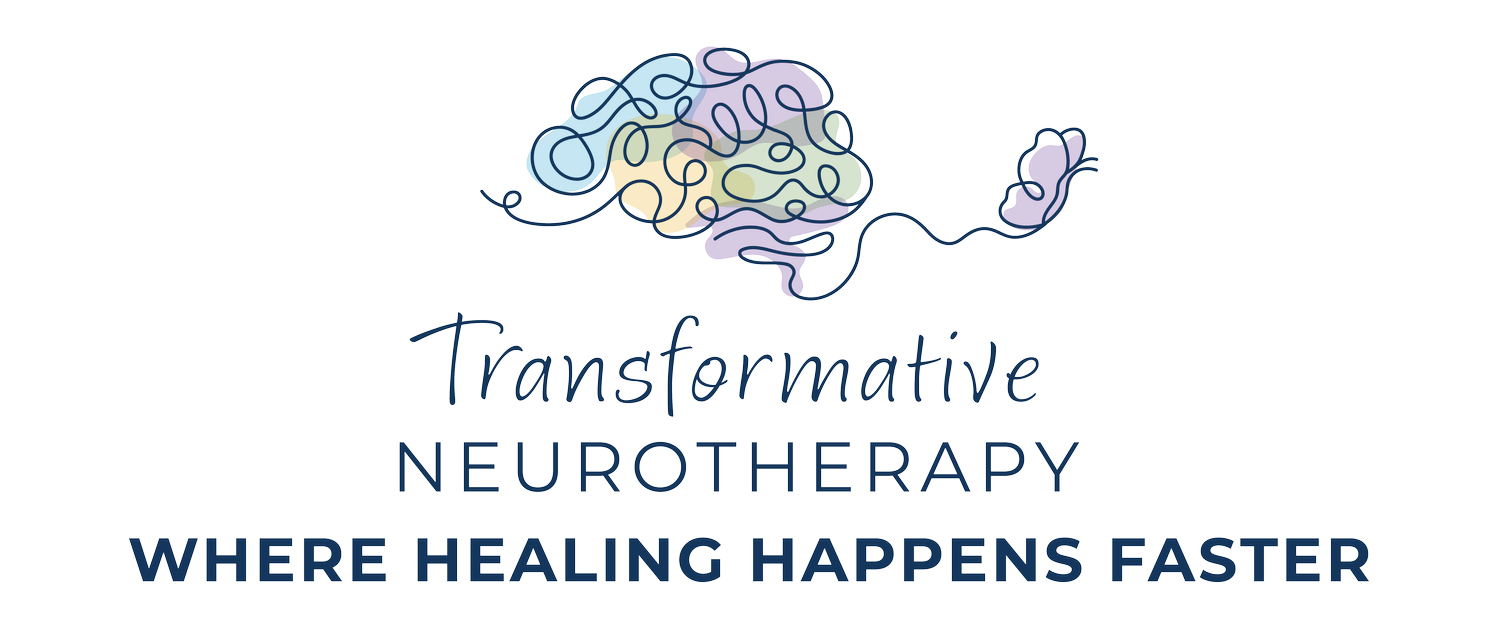NEUROTHERAPY FOR TRAUMA AND PTSD
LET’S TALK ABOUT WHAT IT’S LIKE TO LIVE ON HIGH ALERT.
You walk through life like you’re on eggshells. It feels like, at any moment, your world can turn upside down. You want to feel like you’re not a walking raw nerve.
You are hypervigilant, and even the most neutral situations can feel like a threat, which causes challenges in your daily life, sleep, and even in relationships. You want peace and the ability to feel rested, restored, and safe.
Or perhaps your child is experiencing nightmares, reliving or reenacting traumatic experiences, acting out, and having trouble concentrating in school. You want to help them process their feelings when they lack the vocabulary.
PTSD affects how the brain functions in three important ways: it disrupts your sense of self, makes it harder to focus and stay in control, and keeps your brain on high alert for danger—even when you're safe.
HOW NEUROTHERAPY CAN HELP:
Studies have demonstrated that neuromodulation can significantly reduce overall PTSD and trauma symptoms, including:
Hyperarousal
Negative alterations in cognition and mood
Flashbacks or re-experiencing symptoms
Depression and anxiety related to PTSD
POST-TRAUMATIC STRESS DISORDER (PTSD) CAN TRAP THE BRAIN IN A CYCLE OF FEAR, HYPERVIGILANCE, AND EMOTIONAL OVERWHELM. WHEN THE BRAIN’S THREAT-DETECTION SYSTEM IS IN OVERDRIVE, IT BECOMES DIFFICULT TO FEEL SAFE, CALM, OR IN CONTROL.
REWIRING THE TRAUMATIZED BRAIN
You may think that you left your trauma in the past, yet your brain retains more than just the memories—it carries the imprints of those experiences. Trauma can profoundly alter your brain's structure and function, impacting how you think, feel, and respond to the world around you. Neurotherapy can help rewire your brain, letting go of the old coping mechanisms that no longer serve you. It can help bring back the calm, starting from within.
Amygdala: This is your brain’s threat detector or “alarm system.” After trauma, the amygdala becomes overactive, keeping your body in “survival mode”, treating even safe situations as potentially dangerous. Neurotherapy can calm the amygdala and let your body feel safe again.
Hippocampus: This organizes and stores memories. After trauma, the hippocampus can shrink or become less active, blurring the lines between past and present, resulting in flashbacks and difficulty with recalling memories. Neurotherapy can support the formation of new, adaptive fear extinction memories.
Prefrontal Cortex: This helps regulate emotions, impulses, and decision-making. Trauma can suppress its activity, making it harder to manage fear and emotional responses, leaving you more reactive and less able to think things through calmly. Neurotherapy can strengthen the prefrontal cortex to bring more rationale to your reactions.



